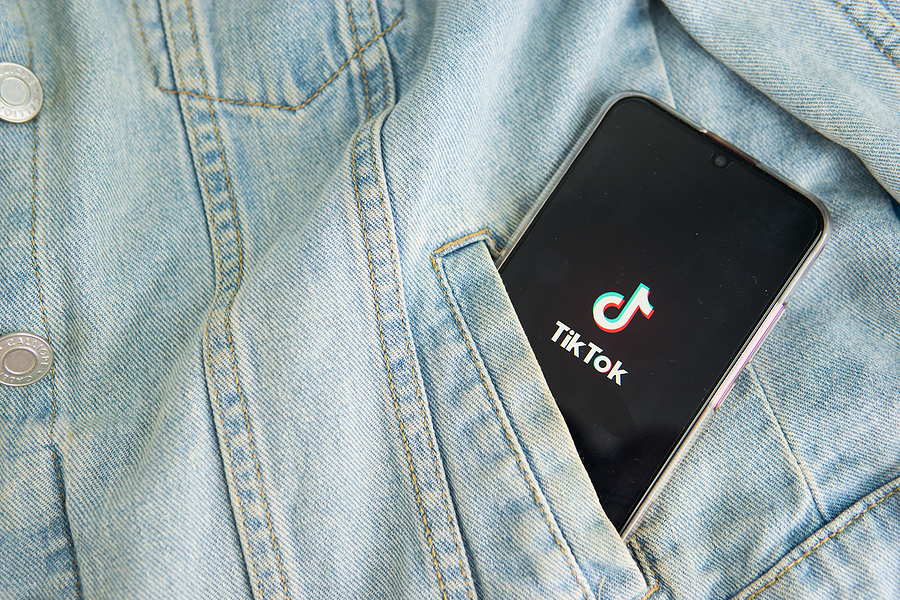“We have received reports that Upper School students are making some younger students feel uncomfortable, if not intimidated, to use the bathrooms, especially in the Almy Wing,” Murray said. “These reports indicate that Upper School students are lingering and hanging out in the bathroom for extended periods of time and, on some occasions, using their phones to make TikToks or Reels or other social media recordings.
Murray noted the “problematic” nature of filming in public bathrooms.
“There is no need for anyone to be hanging out in the bathrooms,” Murray said. “You have plenty of spaces to be. “We grant you a great deal of freedom and privilege with how you use your time. That privilege can be revoked at any time, regardless of your grade.”
Massachusetts enforces strict regulations on video and audio surveillance to protect individual privacy rights. The state’s legal framework specifically outlaws video voyeurism, per Mass. Gen. Laws ch. 272, § 105.
This legislation aims to safeguard the privacy of individuals in environments where they rightfully expect privacy, such as bathrooms or other designated private areas.
Additionally, Massachusetts implements a consent requirement for audio recordings through Mass. Gen. Laws ch. 272, § 99, known as the two-party consent law. This law requires the consent of all parties involved in a conversation before any audio recording can commence.
It is also especially relevant for security cameras that can record sound, ensuring that both visual and audio recordings do not infringe on privacy rights.
Respecting others’ privacy is not just a core School value, according to Murray, it’s also “common sense.”
“It’s a basic privacy thing, that’s really it,” Murray said.
Upper School President Baden Howard ’24 echoes Murray’s concern.
“There are laws on laws on laws about recording in a bathroom,” Howard said. “It’s just one of those spaces where you’re really not supposed to do that. I absolutely agree with Mr. Murray; it creates a lot of liability issues for the School.”
Howard acknowledges that although he has been tempted to record videos of students on school property, he tries to stay away from filming students without their permission.
Kaylee Rivera ’25 is aware of peers who have recorded videos in bathrooms. She supports Murray’s call to cease filming in private spaces.
However, she recognizes the challenge of finding alternative spaces for socializing with friends, which is why students end up spending time in bathrooms.
“Most of the time the places we’re supposed to be are really crowded with other students,” Rivera said.
On the other hand, Howard points out that there is always time for students to socialize outside of School.
Additionally, students have been circumventing the school’s Wi-Fi restrictions on social media platforms by installing Virtual Private Networks (VPNs) on their devices.
“Each VPN has an application signature that our firewall looks for and blocks,” Director of Instructional Technology Jennifer Kunkel said.
However, it is challenging to restrict students who download new VPNs to find workarounds to the School’s restrictions, according to Kunkel.
“The Technology Department takes measures to control access to Internet content determined inappropriate for minors and inconsistent with the School’s educational objectives and to protect each student’s personal identification information,” the Student Handbook reads. “These measures include using software that filters Internet content, providing adult supervision to Internet access, and enforcing strict guidelines and rules for Internet use.”
Editor’s Note: Murray urges any students who have questions about his email to come speak with him.






















































J Iuliano • Feb 23, 2024 at 8:42 am
Another fine article, Amelia. Social life in the bathroom in the 2020s might be analogous to that of 50 years ago when “Smokin’ in the Boys Room” was a hit song on the radio in 1973. Then and now it was best to get our teenage social lives out of the toilet, so to speak. Perhaps with warmer weather, there will be much more pleasant options for one and all.